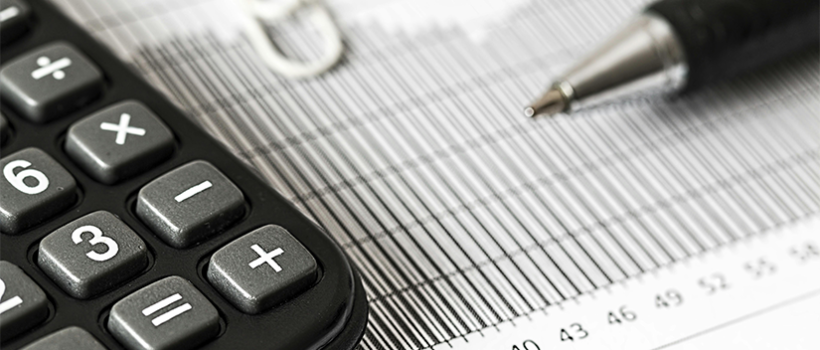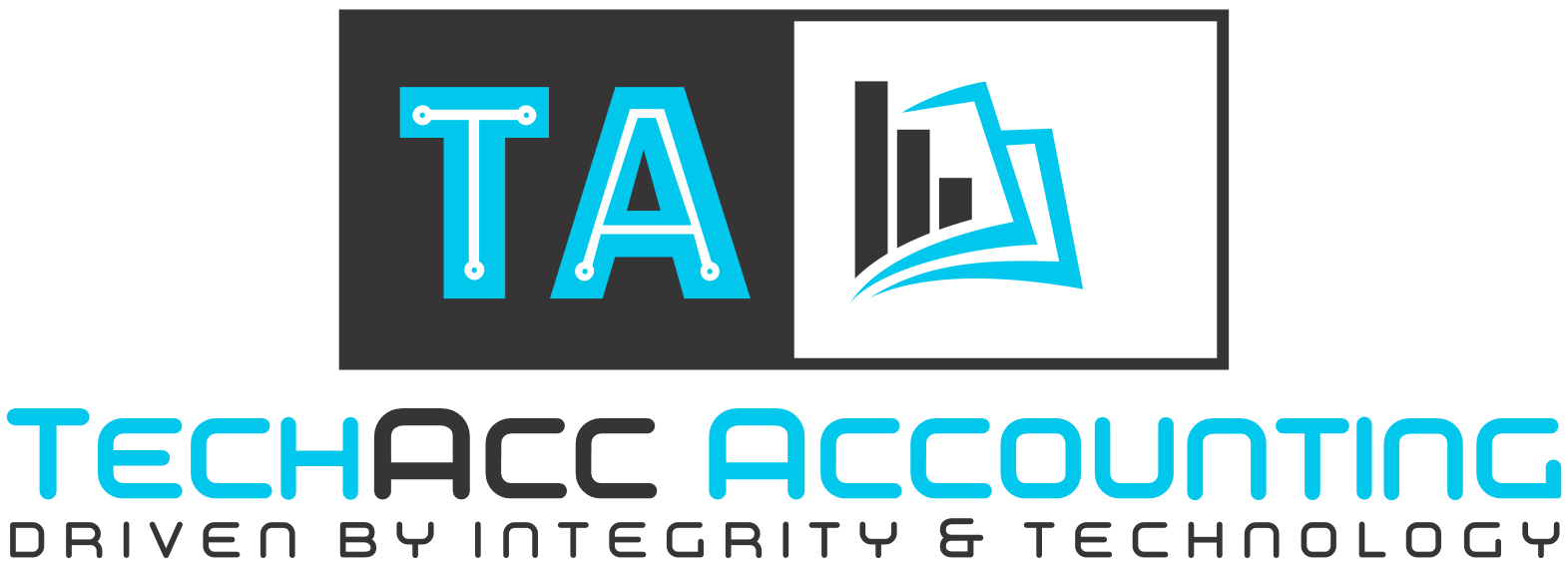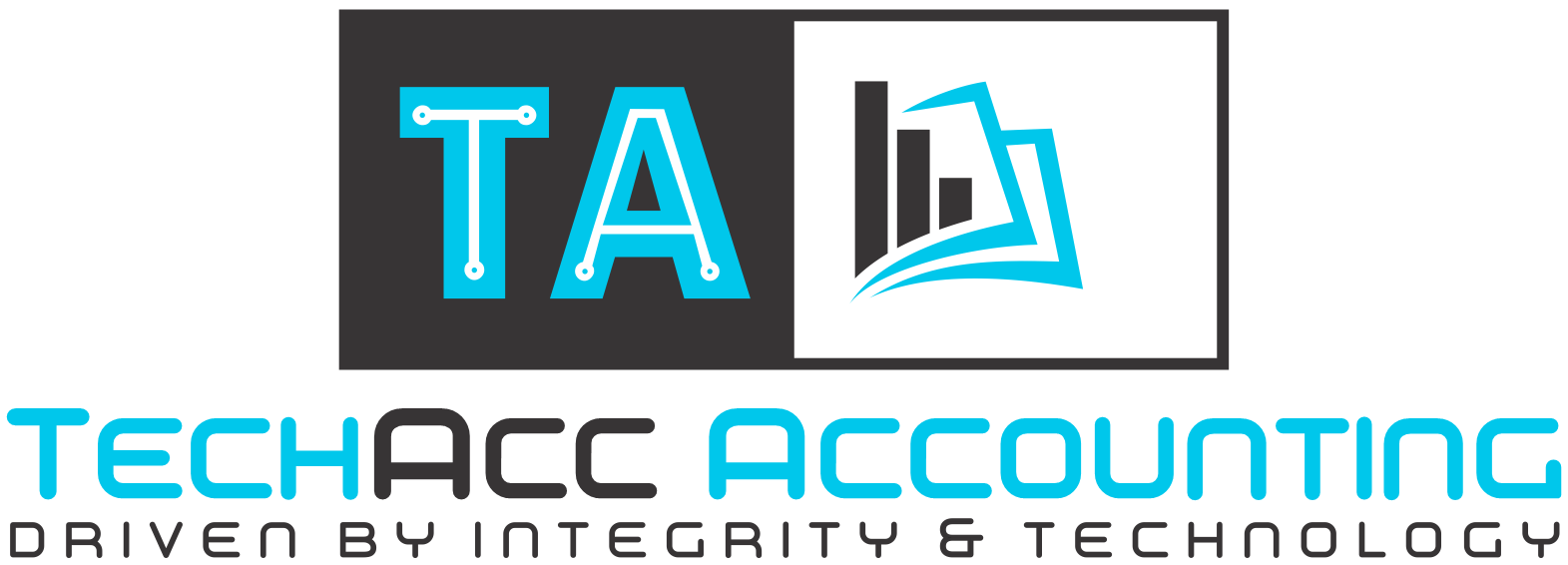
How Often Should VAT Reconciliation Be Done?
Value-Added Tax (VAT) is a crucial part of any business’s financial obligations. Ensuring that VAT records are accurate and up to date is essential for compliance with the South African Revenue Service (SARS) and for avoiding costly penalties or audits. One of the most effective ways to stay compliant is through regular VAT reconciliation. But how often should VAT reconciliation be done?
What is VAT Reconciliation?
VAT reconciliation is the process of comparing VAT records in your accounting system with VAT returns submitted to SARS. This ensures that all VAT transactions have been accurately recorded and reported. It involves verifying input VAT (VAT paid on purchases) and output VAT (VAT collected on sales) to identify any discrepancies and correct them before filing VAT returns.
How Often Should VAT Reconciliation Be Done?
-
Monthly or Bi-Monthly (Every Tax Period)
For most VAT-registered businesses, VAT returns must be submitted to SARS either monthly or every two months, depending on the tax period assigned. To ensure accuracy, VAT reconciliation should be conducted before filing every VAT return. This helps prevent errors and ensures that the VAT payable or refundable amount is correct.
-
Quarterly Reviews
Even if VAT reconciliation is performed every tax period, conducting a quarterly review adds an extra layer of assurance. This involves reviewing past reconciliations, checking for patterns of errors, and ensuring compliance with SARS regulations. A quarterly review is particularly beneficial for businesses with high transaction volumes or those that frequently claim VAT refunds.
-
Annual VAT Reconciliation
At the end of the financial year, businesses should perform an annual VAT reconciliation to ensure that all VAT transactions have been correctly recorded throughout the year. This annual check helps in preparing financial statements and ensures that all VAT claims and payments align with SARS records.
-
When There are Significant Changes
If your business undergoes major changes—such as switching accounting software, experiencing rapid growth, or changing VAT registration status—you should perform an immediate VAT reconciliation. This ensures that VAT records remain accurate despite any operational shifts.
Why is Regular VAT Reconciliation Important?
-
Avoiding SARS Penalties and Audits
Incorrect VAT reporting can trigger SARS audits, leading to fines and penalties. Regular VAT reconciliation helps businesses stay compliant and minimizes the risk of being audited.
-
Accurate Financial Reporting
VAT is a key component of financial statements. Regular reconciliation ensures that financial records are accurate and reflect the true VAT liability of the business.
-
Detecting Errors and Fraud
Mistakes such as duplicate VAT claims, missing invoices, or incorrect VAT rates can result in financial losses. VAT reconciliation helps detect and correct these errors promptly.
-
Ensuring Cash Flow Stability
Overpaying or underpaying VAT can impact cash flow. Proper reconciliation ensures businesses only pay the correct amount, avoiding unnecessary financial strain.
How TechAcc Can Help With VAT Reconciliation
At TechAcc, we specialize in VAT compliance and reconciliation services. Our expert accountants ensure that your VAT records are accurate, up to date, and fully compliant with SARS requirements. Here’s how we can assist your business:
- Regular VAT Reconciliation: We perform monthly, quarterly, and annual VAT reconciliations to prevent discrepancies and ensure accurate VAT reporting.
- SARS Compliance Assurance: Our team ensures that your VAT returns are correctly filed, reducing the risk of penalties and audits.
- Error Detection and Correction: We identify and rectify VAT discrepancies before they become costly issues.
- Expert Advisory Services: Our VAT specialists provide guidance on VAT regulations and best practices to keep your business compliant.
Conclusion
VAT reconciliation should be done at least every tax period (monthly or bi-monthly), with additional quarterly and annual reviews for better accuracy and compliance. Regular VAT reconciliation prevents errors, ensures compliance with SARS, and supports better financial management.
Let TechAcc handle your VAT reconciliation, so you can focus on growing your business without the stress of tax compliance. Contact us today for professional VAT services tailored to your business needs!
Please click here to contact us for more info or book an appointment by clicking here.








